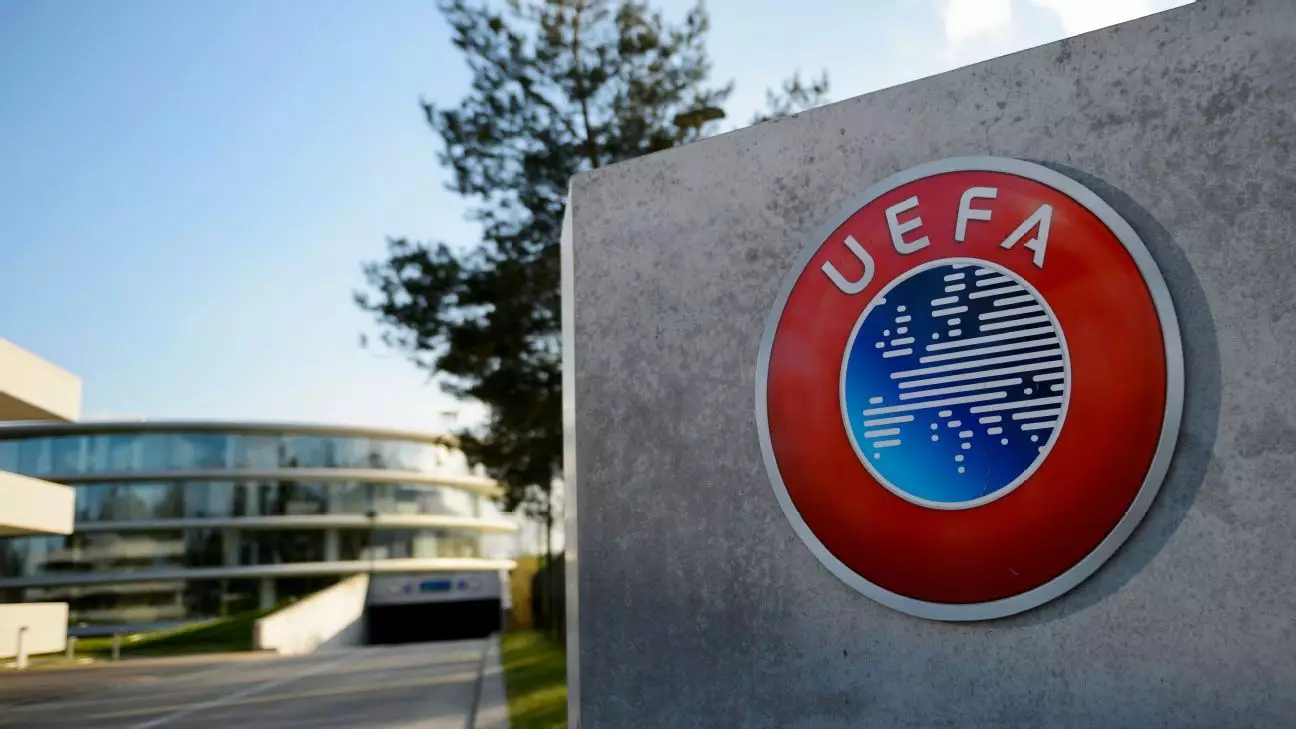In a surprising development, the concept of a European Super League (ESL)—previously abandoned in 2021 after significant backlash from fans—has resurfaced under the moniker “Unify League.” This new iteration, presented by the sports development company A22, claims to be merit-based and competitive, with a proposed framework that features 96 clubs participating across four leagues. However, this proposal raises critical questions regarding its legitimacy and the involvement of existing football organizations.
European Leagues, an alliance representing 39 professional leagues from 33 different countries, has vocally rejected the notion that they were consulted regarding the Unify League’s formation. Their statement highlights a significant concern: the apparent lack of collaboration with stakeholders who are essential for the sport’s integrity. The previous ESL endeavor was characterized by its exclusion of grassroots input, demonstrating a pattern that seems to be repeating itself. The European Leagues advocates for maintaining the traditional structure where clubs earn their spots in European competitions based on their domestic performance, a model that prioritizes inclusivity and the vibrant fabric of local competitions.
One of the key promises of A22’s Unify League is a shift to an advertising-supported free streaming service, allowing fans to access matches without a financial barrier. While on the surface, this seems beneficial, it raises concerns about sustainability and the quality of productions. How will the necessary revenue be generated to support the operation of these leagues? The balancing act between accessibility for fans and financial viability might introduce further complications than benefits.
In addition, the proposed merit-based inclusion of clubs contradicts the initial guaranteed placements of the original ESL. While a meritocratic system appears appealing, the feasibility of such a model, especially given the disparities in financial resources among clubs, remains questionable. This could lead to greater inequities in professional football, potentially sidelining smaller teams in favor of entrenched elite clubs, thereby defeating the purpose of competition.
The European Leagues also highlighted a crucial issue regarding the already congested football calendar. By introducing a new international league, clubs may face an increased number of fixtures that could detract from domestic competitions. Fans and stakeholders alike have voiced their concerns about the potential erosion of traditional league play. The negative ramifications on player welfare, as well as diminished support for local clubs as they compete for fans’ attention, cannot be overlooked.
The revival of the Super League concept raises intricate issues that must be carefully navigated to prevent further disenfranchisement in the football community. Stakeholders must engage in genuine dialogue to create an ecosystem that benefits all parties involved, ensuring that both domestic leagues and international competitions can thrive without compromising each other’s integrity. The future of European football depends not only on innovative ideas but also on unity among its foundational bodies. As the response to the Unify League unfolds, it becomes evident that collaboration—not exclusion—will be key to fostering a sustainable and exciting future for the sport.

